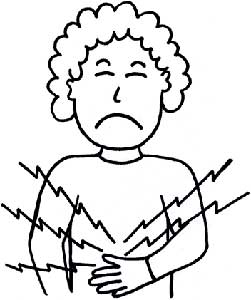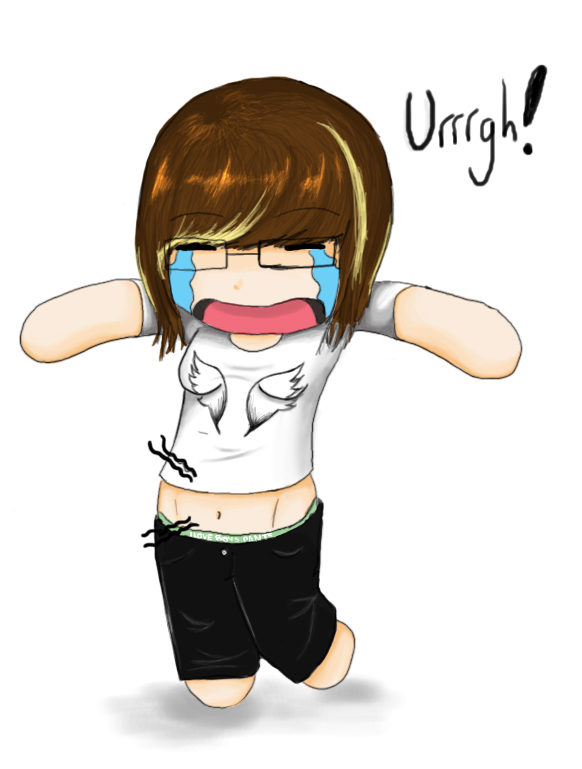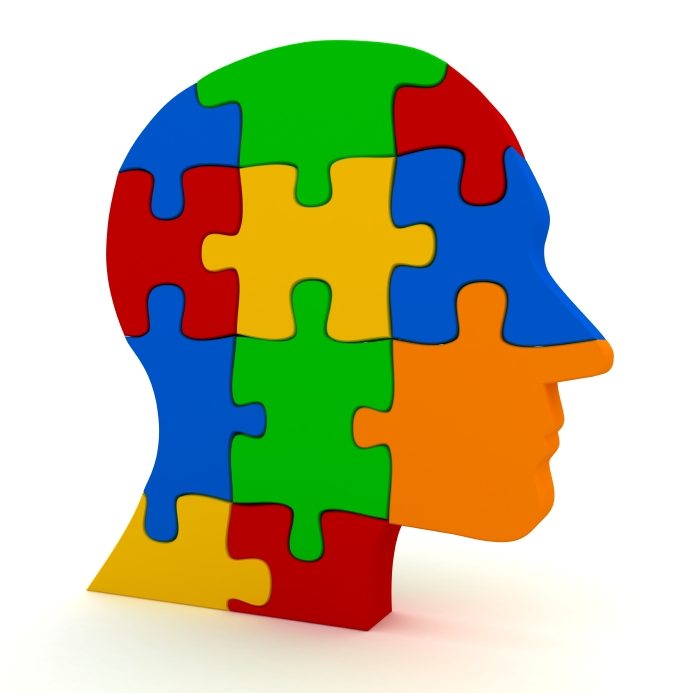Mental Health relates to how an individual copes with daily life and how they are able to function. There are two different types of mental health which often people misinterpret. People often mistake the term " Mental Health" as a mental illness or condition in the mind , when actually Mental Health refers to a person's overall Mental Health, well-being and if they are mentally healthy enough to cope with the pressures of daily life and be able to involve themselves in society. This is known as "Positive Mental Health". A individual with an illness or condition in the mind which prevents them from being able to function and cope with daily life is known as " Mental Ill- Health ." Mental Ill- Health covers a wide range of illnesses and conditions within the mind and how a person thinks , it does not just relate to one significant condition.
Positive Mental Health
. Positive Mental Health includes a person ability to cope with the demands and pressures of daily life. This includes the individuals capability of being able to cope with stress and difficult situations and circumstances.
. Being able to function in the community and society and being able to maintain relationships within society is also apart of Positive Mental Health.
. An individual having a healthy perception is an essential part of Positive Mental Health. It is important that a person is able to make sense of every day life and daily events that surround the individual.
. Being emotional healthy is another important of Positive Mental Health. Such as having an understanding and the ability to be able to express emotions and feelings.
. Healthy thinking is another part of Positive Mental Health. A person needs to have the capability to think clearly and be able to solve problems and make decisions for themselves to function properly.
Elements That Can Affect And Impact On An Individuals " Positive Mental Health"
. Genes may be one possible component that could affect a person's Positive Mental Health. If a close family member or if there is a history of mental - ill health in the individuals ancestry , it is possible that a individual may inherit the same or similar mental health illness or condition. Such as schizophrenia , depression , anxiety , bipolar or personality disorder and eating disorders.
. Another possible element that could affect a person's Positive Mental Health is the individuals childhood experiences. A person's upbringing and early experiences in life could impact on the individual mentally , emotionally and psychically later in life. Positive environments can help a person to have good mental health and prevent mental ill-health, however negative environments could increase the risk of the individual having a mental health condition or illness.
. Life events could also affect an individuals Positive Mental Health. Things such as , childhood , relationships , education, work life and social life could all influence the way a person reacts to different issues , problems or life events.
. Social support and networks may have a positive affect on a person. When a person is vulnerable it is important that they have support around to help maintain Positive Mental Health , this support includes family , friends and a persons local community which can provide interaction and support. If a person does not have support it could increase the risk of an individual developing a mental health illness or condition.
. A person's Positive Mental Health can depend entirely on the individual's own ability to cope. It is important for an individual to have coping strategies to help them cope with daily life and face problems they may encounter. A person's capability will depend upon their resilience to previous experiences and life events.
. An individuals lifestyle could also be an element which could affect a person's Positive Mental Health. Having a healthy diet and participating in regular exercise is very important for a person to maintain Positive Mental Health.
. It is key that a person makes sure they balance employment. Although employment may give an individual enjoyment and a sense of self-worth , being able to balance their work load is important to prevent unneeded stress and pressure. The stress and pressure could impact on a person's mental ability to cope.
. Financial security and housing could also affect an individuals Positive Mental Health. Being aware of finances is essential for a person , so they are able to provide for themselves and have stability.
Risk Factors That Could Lead To An Individual Developing A Mental Health Problem.
. Individual risk factors which may include an individuals low self esteem , insecurity and lack of confidence could possibly put them at risk of developing a mental health problem. A person's lifestyle choice such as, diet , smoking or drinking may also be a factor of an individual developing a mental health problem.
. Risk factors associated within an individuals family may include , violence , psychiatric disorder , neglect , divorce , family breakdown and unemployment which could cause an individual to develop a mental health disorder or illness.
. Social factors may include being isolated from family , friends , the local community and the rest of society. Being disconnected from others could increase the risk of a person developing a mental health illness or condition.
. Risk factors associated with education may include things such as bullying , lack of friends , struggling with school work could impact on an individual later in life. This could possibly lead to developing an mental health illness.
. Risk factors associated with life events such as unemployment , homelessness , bereavement , abuse , psychical illness and traumatic experiences could all lead to a person to developing a mental health problem.
Common Mental Ill - Health Problems
. Depression
. Anxiety
. Obsessive - Compulsive Disorder ( OCD)
. Phobias
. Schizophrenia
Bipolar Disorder
. Eating Disorders
Daily Difficulties That An Individual With A Mental Health Problem May Face
. Daily actives such as preparing meals , getting dressed , personal hygiene , cleaning the house and looking after their children may be challenging for a person suffering with a mental health problem.
. Finances may be a struggle to keep track off , paying bills may be stress for the individual who is suffering with a mental health problem.
. Employment may be difficult for a person with a mental health problem . The individual may find it hard to communicate with other co-workers and engage in activities in the work place.
. A person's sleeping pattern could possibly affect if they are suffering with a mental health problem
. Eating habits could also be affect , lack of appetite or over eating could occur.
. Relationships which may include , family , friends , romantic relationships , co-workers or members of the local community , could be hugely affected. An individual with a mental health problem could possibly become disconnected and isolated from others.
. Self image is also a possible difficulty that a person may face. Negative views and self hatred about themselves could be something an individual experiences.
. Somebody who is suffering with a mental health problem physical health can also be affect. For example someone who suffers with anxiety or stress may get rapid high blood pressure or stomach ulcers.
How A Person With A Mental Health Problem May Feel
. Depressed
. Low Self Esteem
. Stressed
. Lonely
. Selfish
. Suicidal
. Angry
. Hopeless
. Tired
. Sadness
. Anxious
. No self worth
. Paranoid
. Tearful
. Self hatred
. Confusion












